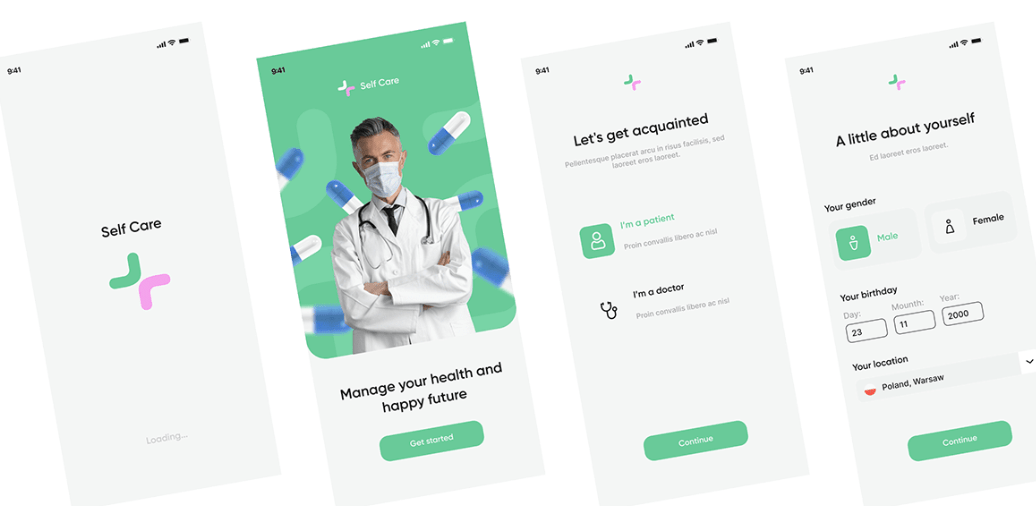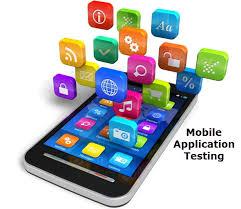In the rapidly evolving landscape of healthcare, technology has become an indispensable tool for enhancing efficiency and patient care. Developing a Clinic Management App is a strategic move that can revolutionize how healthcare facilities operate, providing seamless management of various aspects of clinic operations. In this comprehensive guide, we will explore the key features, development process, costs, and benefits associated with creating a Clinic Management App.
Features of a Clinic Management App:
1. Appointment Scheduling:
– Allow patients to schedule appointments online, reducing phone call volumes and streamlining the process for both patients and staff.
– Implement a user-friendly interface with real-time availability updates to avoid scheduling conflicts.
2. Patient Records Management:
– Securely store and manage patient records, including medical history, prescriptions, and diagnostic reports.
– Ensure compliance with data protection regulations and implement robust security measures to safeguard sensitive information.
3. Billing and Invoicing:
– Automate billing processes to reduce errors and streamline financial transactions.
– Provide a transparent billing system with detailed invoices, payment reminders, and support for insurance claims.
4. Electronic Health Records (EHR):
– Integrate EHR functionality to allow healthcare providers quick access to patient information.
– Implement features for updating, sharing, and managing EHR securely, enhancing collaboration among healthcare professionals.
5. Prescription Management:
– Facilitate electronic prescription writing and sharing between healthcare providers and pharmacies.
– Include features to track prescription history, dosage reminders, and medication interactions to ensure patient safety.
6. Inventory Management:
– Keep track of medical supplies, equipment, and pharmaceuticals to avoid shortages or overstocking.
– Implement automated alerts for low stock levels, expiring items, and reorder recommendations.
7. Integration with Diagnostic Tools:
– Enable seamless integration with diagnostic equipment to directly upload test results and images into patient records.
– Improve diagnostic accuracy and speed up the decision-making process for healthcare providers.
Read Also: Digital Transformation in Healthcare Industry
Development Process:
1. Define Objectives and Requirements:
– Collaborate with healthcare professionals to understand their specific needs and pain points.
– Clearly define the app’s objectives and features to be implemented.
2. Select a Healthcare App Development Company:
– Research and select a reputable mobile app development company with a proven track record.
– Ensure the chosen company complies with healthcare regulations and has experience in developing secure and compliant applications.
3. Prototyping and Design:
– Create wireframes and prototypes to visualize the app’s layout and functionality.
– Prioritize a user-friendly interface and efficient navigation for healthcare providers and staff.
4. Development and Testing:
– Implement the selected features using the latest technologies and programming languages.
– Conduct rigorous testing to identify and rectify bugs, ensuring the app’s stability and reliability.
5. Integration with Existing Systems:
– If applicable, integrate the Clinic Management App with existing healthcare systems to ensure seamless data flow.
– Implement secure APIs for interoperability with electronic health record systems and other relevant platforms.
6. Security Compliance:
– Prioritize security measures to protect patient data and ensure compliance with healthcare data protection regulations.
– Implement encryption, secure authentication, and regular security audits.
7. User Training and Deployment:
– Provide comprehensive training for healthcare professionals and staff on using the Clinic Management App.
– Deploy the app in a phased manner to minimize disruptions to clinic operations.
Also Check: Top 10 Healthcare App Development Companies
Cost of Developing a Clinic Management App:
The cost of developing a Clinic Management App can vary based on several factors, including the app’s complexity, features, development time, and the geographical location of the development team. Generally, the cost can be broken down into the following components:
1. Development Team:
– Hiring app developers in india, UI/UX designers, and quality assurance professionals will contribute significantly to the overall cost.
2. Features and Functionality:
– The complexity and number of features integrated into the app will impact development costs. Advanced features such as telemedicine integration or AI-powered diagnostics may increase expenses.
3. Compliance and Security Measures:
– Ensuring compliance with healthcare regulations and implementing robust security measures may involve additional costs for legal consultations and security audits.
4. Testing and Quality Assurance:
– Thorough testing and quality assurance processes are essential for a healthcare app. This includes testing for functionality, security, and user experience.
5. Post-Development Support:
– Budget for ongoing maintenance, updates, and customer support to address any issues that may arise after the app is deployed.
Must Read: Healthcare and Wellness Marketplace App Development
Benefits of a Clinic Management App:
1. Improved Efficiency:
– Automation of administrative tasks reduces paperwork, streamlining operations and allowing healthcare professionals to focus more on patient care.
2. Enhanced Patient Experience:
– Online appointment scheduling, quick access to medical records, and efficient billing contribute to an improved overall patient experience.
3. Accurate Record Keeping:
– Electronic Health Records ensure accurate and up-to-date patient information, reducing the risk of errors associated with manual record-keeping.
4. Cost Savings:
– Automation of processes, reduced paperwork, and improved efficiency contribute to overall cost savings for healthcare facilities.
5. Better Decision-Making:
– Access to real-time patient data and diagnostic information aids healthcare providers in making informed and timely decisions.
6. Increased Collaboration:
– The app facilitates better communication and collaboration among healthcare professionals, leading to more coordinated patient care.
Visit: Top 10 Healthcare Technology Trends
Conclusion:
Developing a Clinic Management App is a significant step towards modernizing healthcare facilities and improving patient care. By incorporating essential features, following a systematic development process, and considering the associated costs and benefits, healthcare providers can leverage technology to streamline operations and enhance overall efficiency. To embark on this transformative journey, partnering with a reputable healthcare healthcare app development company and hiring skilled app developers in India can be a strategic move, offering a cost-effective solution without compromising on quality and security.






